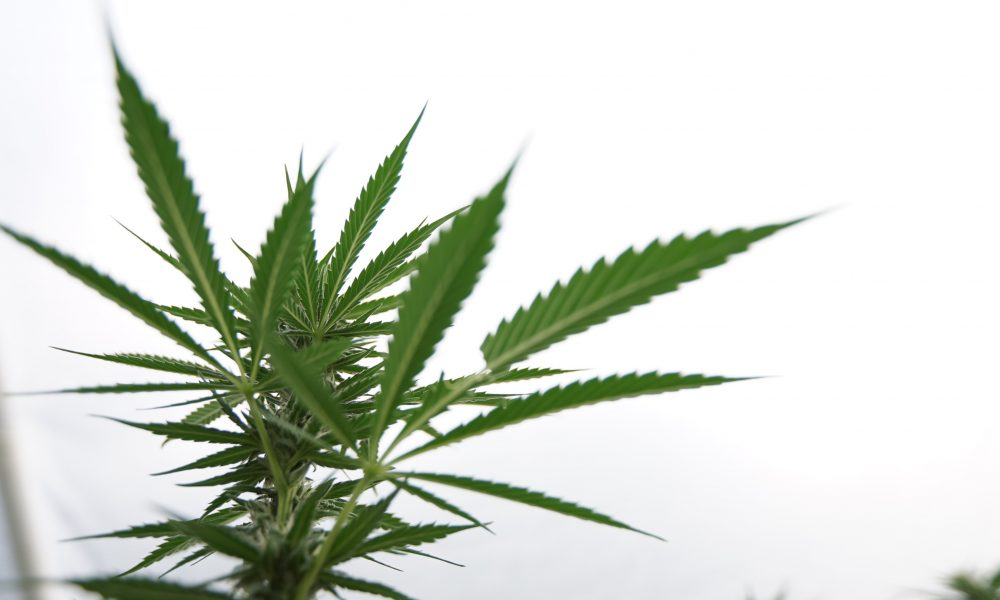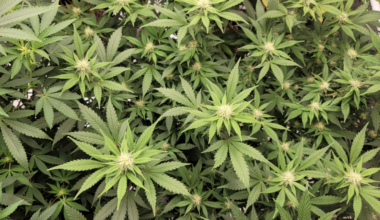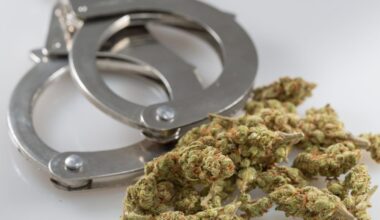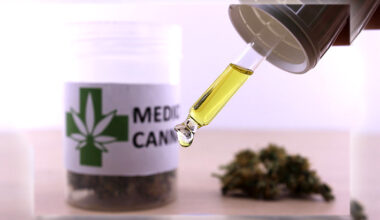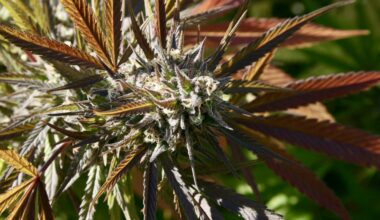Most Americans don’t think marijuana is dangerous despite efforts by legalization opponents to cast the plant in a negative light, according to a new poll.
Rasmussen Reports surveyed 1,000 Americans to learn about their views about drug misuse in the U.S., the perceived dangerousness of cannabis and the idea that marijuana is a gateway to “more dangerous drugs.”
While 59 percent of respondents said that drug misuse in general is getting “worse” in the country— compared to just nine percent who said the health issue is improving—a majority of Americans also said that marijuana is either “not very dangerous” (28 percent) or “not at all dangerous” (29 percent).
Marijuana: Most Don’t Think It’s Dangeroushttps://t.co/2Uv4zbHh2s pic.twitter.com/b34KeA39oC
— Rasmussen Reports (@Rasmussen_Poll) September 30, 2022
In contrast, 23 percent said that cannabis is “somewhat dangerous” and 12 percent said it is “very dangerous.”
A majority of Democrats (60 percent) don’t consider marijuana dangerous, while Republicans are divided, with 48 percent saying it is at least somewhat dangerous and 45 percent saying it isn’t.
Even among those who said that drug misuse is getting worse in the country, 56 percent suggested that they don’t consider cannabis to be part of the problem, as they also don’t think of the plant as dangerous.
Interestingly, however, Americans are evenly split on the notion that marijuana is a gateway drug. Forty-six percent of respondents said it’s either “very likely” or “somewhat likely” that cannabis consumption “leads to the use of more dangerous drugs,” compared to 46 percent who said it’s “not very likely” or “not at all likely.”
While a majority of Americans think the nation’s drug abuse problem is getting worse, most don’t believe marijuana is dangerous.https://t.co/2Uv4zbYRU0 pic.twitter.com/KY8GP7x9hC
— Rasmussen Reports (@Rasmussen_Poll) October 1, 2022
The poll involved interviews with 1,000 American adults from September 14-15, with a margin of error of +/-3 percentage points.
Public perceptions about the dangerousness of marijuana have been steadily declining, especially amid the state-level legalization movement. A combination of factors could help explain that, including the fact that about half of American adults have at least tried cannabis and broader media coverage of the therapeutic benefits of marijuana.
More Americans now openly admit that they smoke marijuana or eat cannabis-infused edibles than say they’ve smoked cigarettes in the past week, according to recently released data from Gallup.
And more than twice as many Americans think that marijuana has a positive impact on its consumers and society at large than say the same about alcohol, the firm found.
That’s generally consistent with the results of a separate poll released in March that found more Americans think it’d be good if people switched to cannabis and drank less alcohol compared to those who think the substance substitution would be bad.
Meanwhile, although perceptions of the dangerousness of marijuana have been declining, fears about that translating into increased underage use have not come to fruition, despite the anti-legalization arguments from prohibitionists.
Even as more states move to legalize cannabis, youth marijuana usage rates have either remained stable or declined, multiple studies and surveys have found.
One of the most recent federally funded surveys on the topic stressed that youth marijuana use “decreased significantly” in 2021, as did teen consumption of illicit substances overall.
The 2020 federally funded Monitoring the Future survey further found that cannabis consumption among adolescents “did not significantly change in any of the three grades for lifetime use, past 12-month use, past 30-day use, and daily use from 2019-2020.”
Photo courtesy of Chris Wallis // Side Pocket Images.
Medical Disclaimer:
The information provided in these blog posts is intended for general informational and educational purposes only. It is not a substitute for professional medical advice, diagnosis, or treatment. Always seek the advice of your physician or other qualified healthcare provider with any questions you may have regarding a medical condition. The use of any information provided in these blog posts is solely at your own risk. The authors and the website do not recommend or endorse any specific products, treatments, or procedures mentioned. Reliance on any information in these blog posts is solely at your own discretion.
